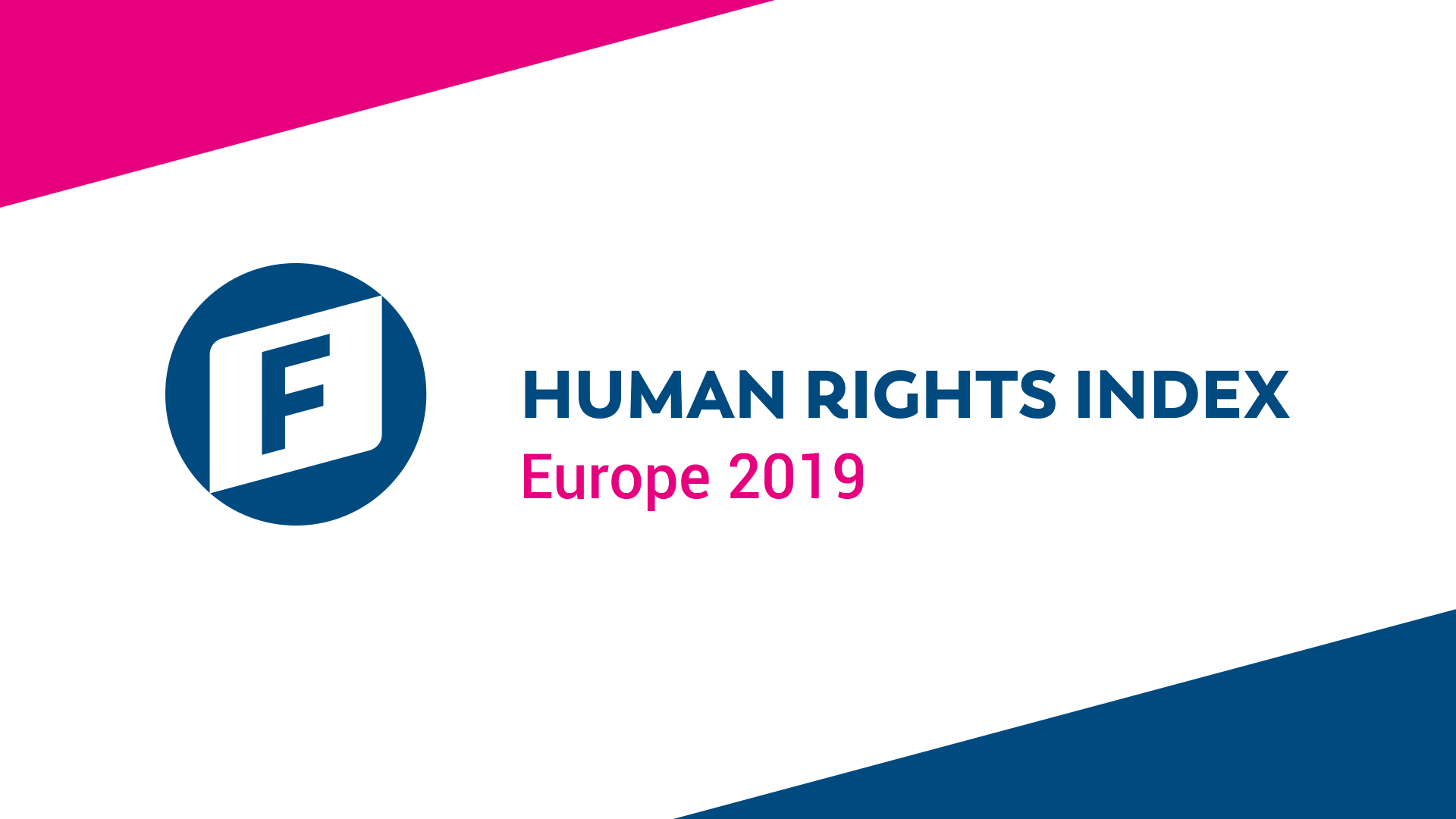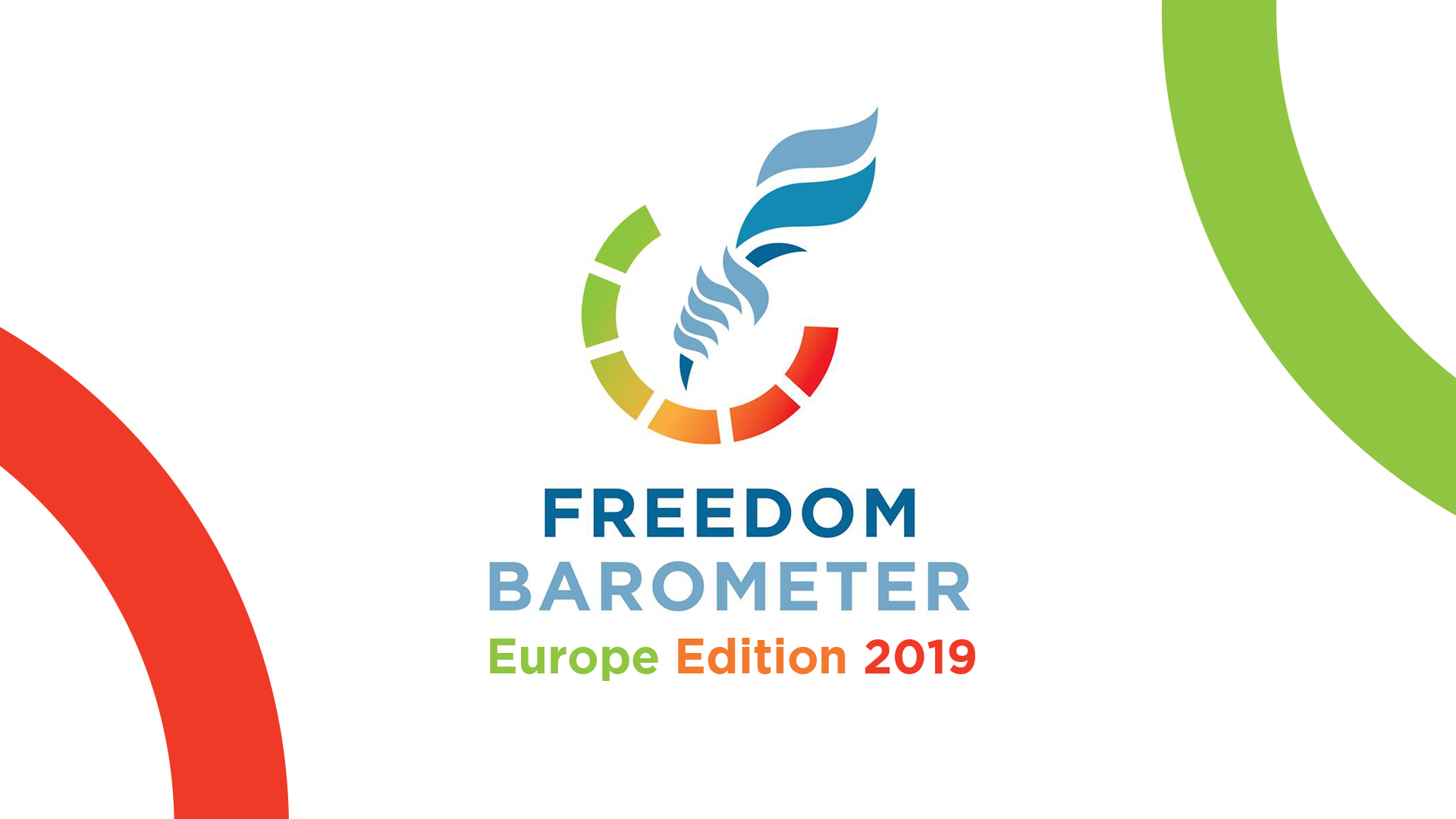FAKE IT UNTIL YOU MAKE IT - Freedom Barometer 2019 Special Report on Fake News in Europe
“Fake it until you make it” is the first special report published within Freedom Barometer 2019 Index designed with intention to provide overview of the arising trend of the manipulation o...







Share data's for this country: